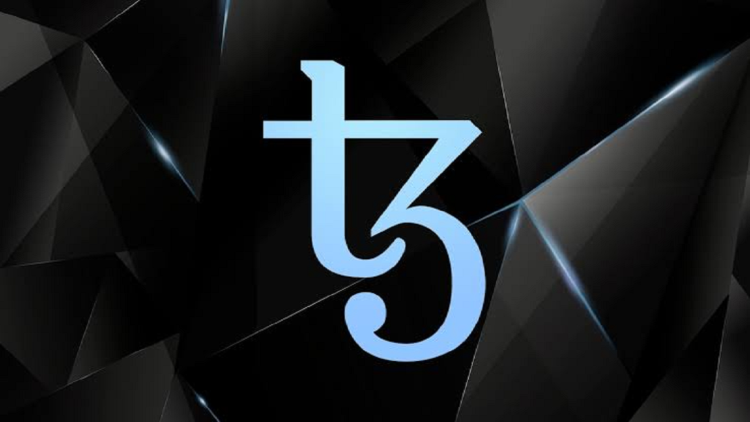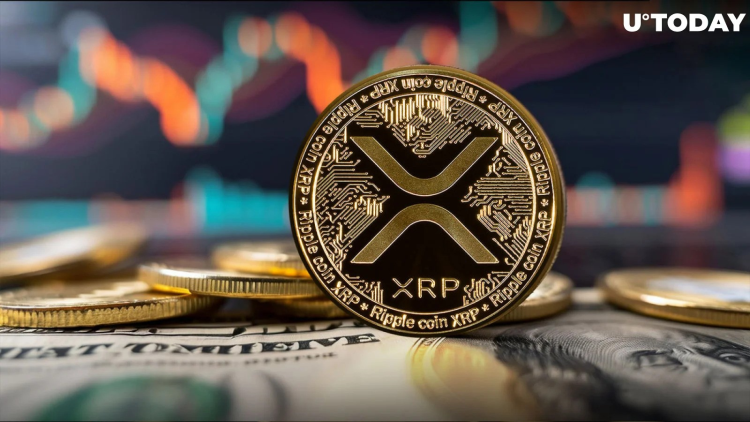What Is Bitcoin Cash (BCH)?
Bitcoin Cash (BCH) is a peer-to-peer electronic cash system that aims to become sound global money with fast payments, micro fees, privacy and larger block size. As a permissionless, decentralized cryptocurrency, Bitcoin Cash requires no trusted third parties. Bitcoin Cash was created as an alternative to the first and most valuable cryptocurrency — Bitcoin (BTC). In 2017, BCH developers modified the BTC code, releasing their software version and a full-fledged competitive product, which split Bitcoin into two blockchains: Bitcoin and Bitcoin Cash. Bitcoin Cash is a result of a hard fork in the blockchain due to differences in the community over Bitcoin scaling and the SegWit upgrade. Moreover, another hard fork, which divided Bitcoin Cash into two parts, Bitcoin ABC and Bitcoin SV, took place in the fall of 2018. The scaling debate involved two sides: small block supporters opposed increasing block size as it could lead to blockchain centralization and vulnerability by making it harder to host full nodes. Large block supporters, however, advocated for a faster solution, concerned that rising transaction fees could hinder growth.
Who Are the Founders of Bitcoin Cash (BCH)?
Satoshi Nakamoto, an anonymous creator of Bitcoin, published the coin’s whitepaper entitled “Bitcoin: A Peer-to-Peer Electronic Cash System” in 2008. In 2009, the first Bitcoin software that powered the blockchain, went live. The fees were low and the transactions were reliable for several years. However, by 2016, as the popularity of Bitcoin increased, the number of transactions on its network grew, leading to slow processing times and higher fees. Mining hardware manufacturer Bitmain proposed the hard fork for increasing the block size limit to allow more transactions per block, which went live on August 1, 2017, resulting in the creation of Bitcoin Cash. It received support from some in the Bitcoin community, like Roger Ver. Since its inception, Bitcoin Cash has experienced its own set of challenges and milestones. One notable event was another hard fork in November 2018, which led to the creation of Bitcoin SV (BSV), a separate cryptocurrency. The split was caused by disagreements within the Bitcoin Cash community regarding proposed changes to the protocol. As a result, two competing implementations emerged - Bitcoin ABC and Bitcoin SV - with the former continuing as Bitcoin Cash and the latter becoming its own distinct cryptocurrency.
How Does Bitcoin Cash (BCH) Work?
Due to the larger block size, Bitcoin Cash (BCH) works faster and has lower transaction fees. Furthermore, Bitcoin Cash supports smart contracts and ecosystem apps. With a limited total supply of 21 million coins, Bitcoin Cash is provably scarce and, like physical cash, can be easily spent. Transactions are fast, with fees typically less than a tenth of a cent. Bitcoin Cash has various use cases. In addition to peer-to-peer payments between individuals, Bitcoin Cash can be used to pay participating merchants for goods and services in-store and online. Low fees enable new micro-transaction economies, such as tipping content creators and rewarding app users a few cents. Bitcoin Cash also reduces the expenses and settlement times for remittances and cross-border trade. Other use cases include tokens, simplified smart contracts, and private payments with tools such as CashShuffle and CashFusion.

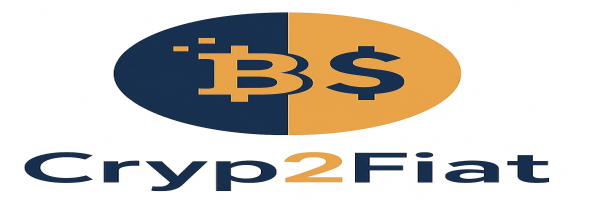
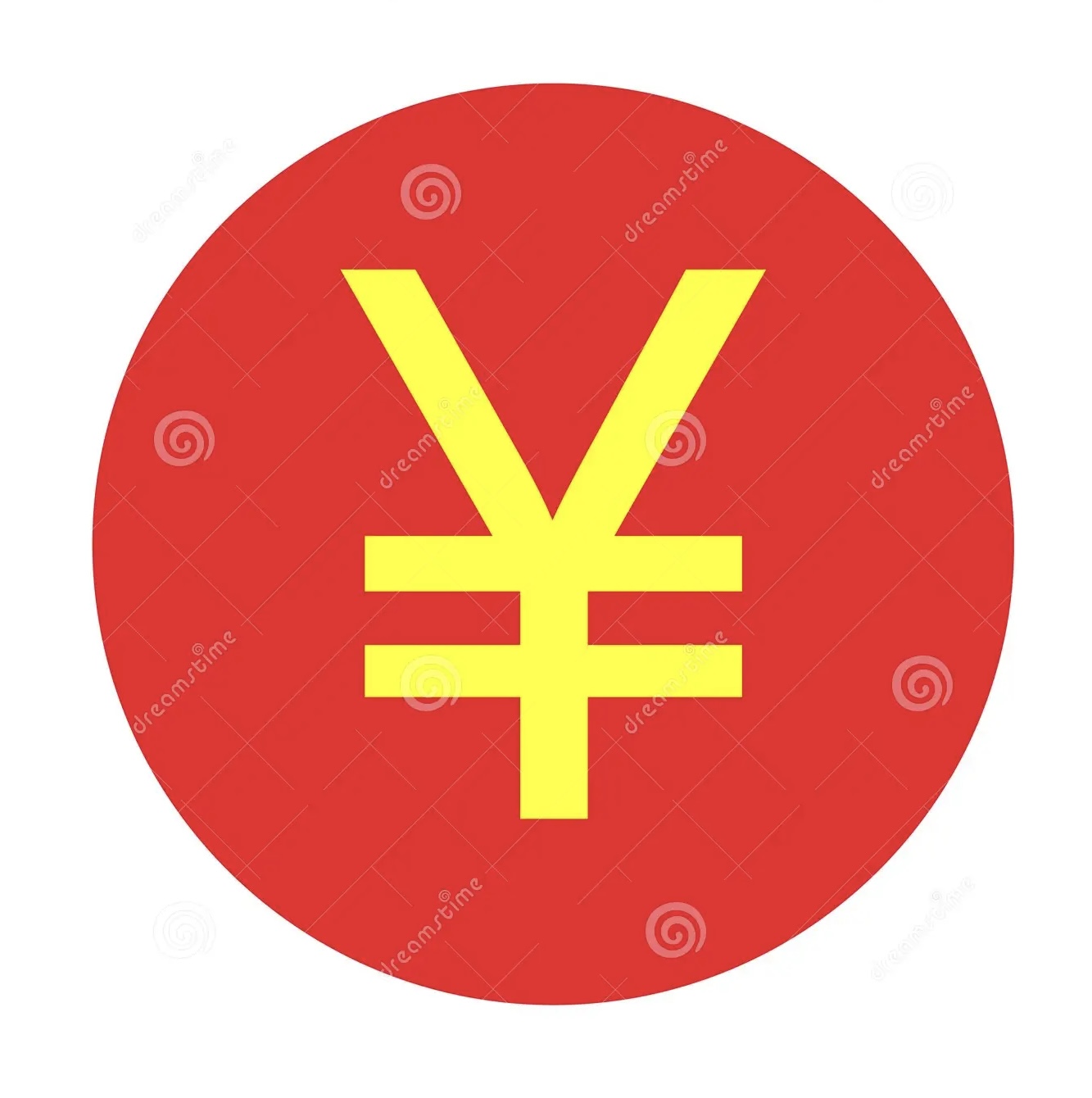 Chinese Yuan
Chinese Yuan
 Emirates Dirham
Emirates Dirham
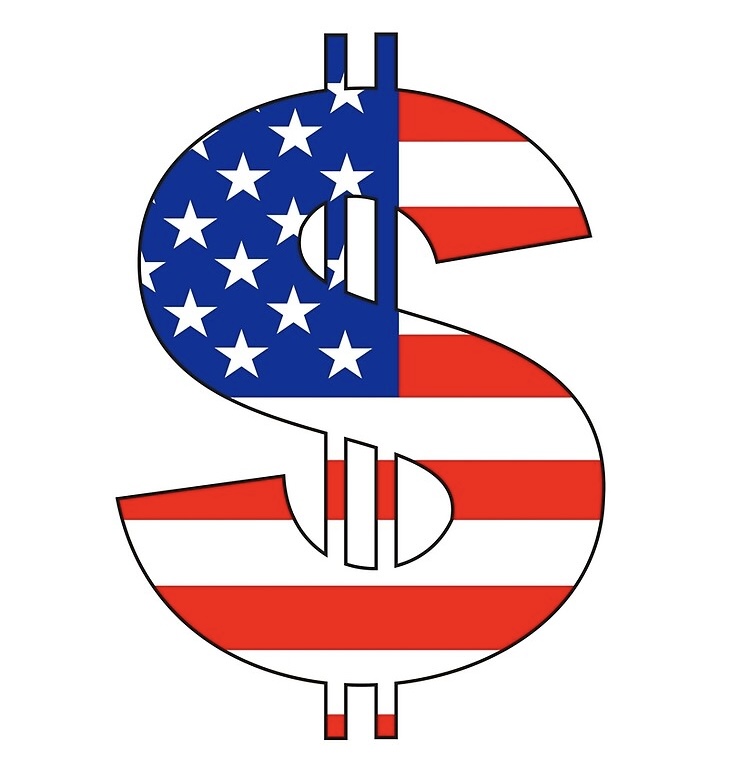 American Dollar
American Dollar
 Swiss Franc
Swiss Franc



